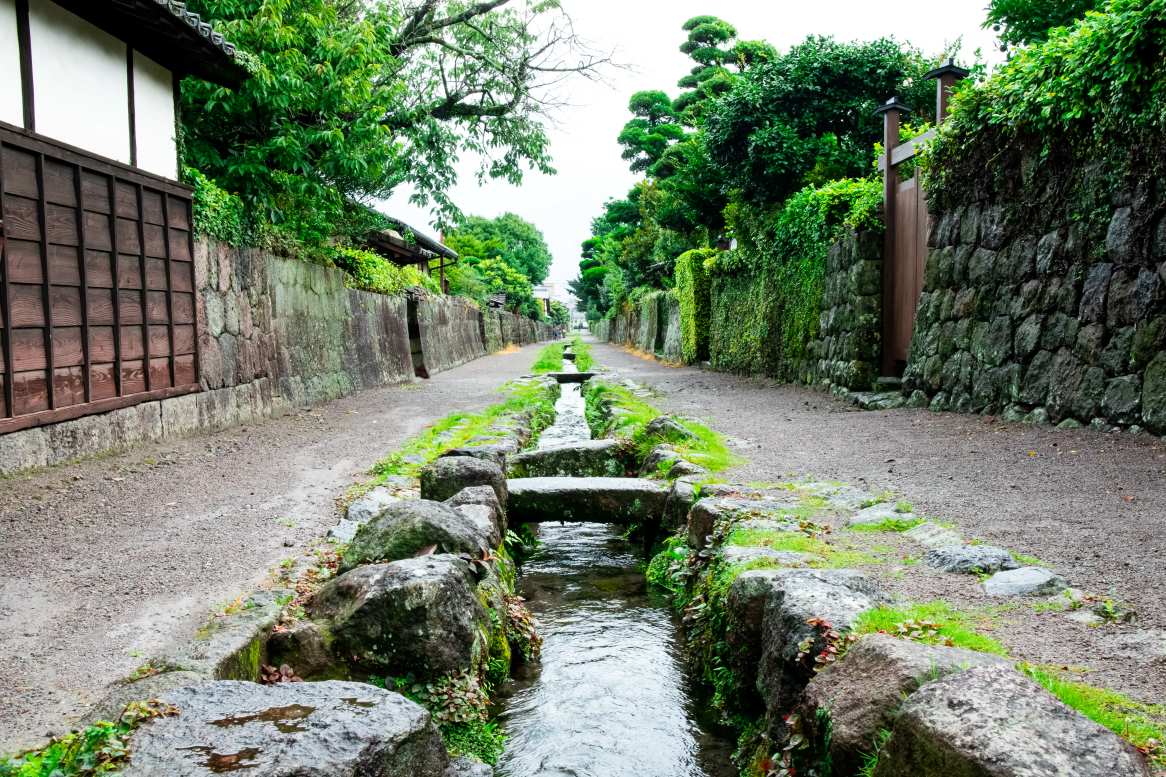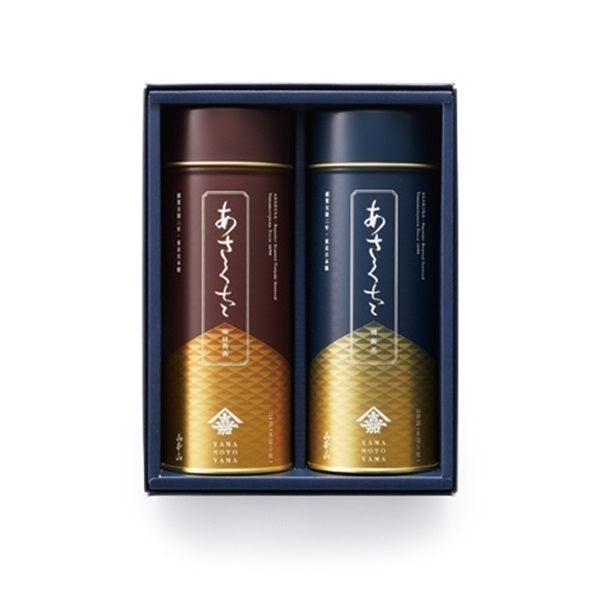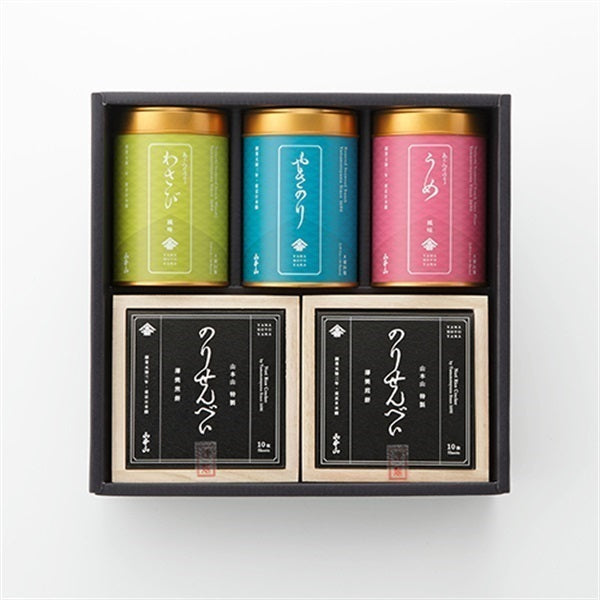Article: "Tomorrow's wind will blow tomorrow" - The secret of the Edokko temperament

"Tomorrow's wind will blow tomorrow" - The secret of the Edokko temperament
Introduction
This time, I would like to talk about the Edo period, when Yamamotoyama was founded.
You may have heard the term "Edokko," and they were said to have a temperament that was "straightforward and didn't sweat the small stuff," "good at paying," and "quick to fight but kind-hearted."
Edoites were said to be light in body and mind, as exemplified by sayings such as "Tomorrow's wind will blow tomorrow" and "No money left over from the night before," but why did this happen?
In fact, it is said that the frequent fires that occurred in the city of Edo are deeply related to this background.

Fires were commonplace in the town of Edo
Edo was a city where fires occurred frequently, to the point that it was said that "fires and fights are the flowers of Edo."
Throughout the Edo period, there are records of nearly 100 large-scale fires that burned down entire cities, known as "great fires." Approximately once every ten years, the entire city of Edo was reduced to ashes.
According to the "Bukō Nenpyo" (Chronology of Military Achievements), a record by Edo headman Saito Gesshin, there were 105 fires in just 83 days from January to late March in 1659. This works out to an average of 1.3 fires per day.
Moreover, among these 105 fires were two so-called "great fires" that burned down the city of Edo over an area spanning several dozen blocks.

This situation was not an exception this year; similar conditions were the norm every winter and spring.
In other words, everyone living in Edo was constantly aware of the possibility that their city might be hit by a major fire at any time and could suffer severe damage.

Fire fosters simplicity and pleasure
These frequent fires had a major impact on the lives and values of people at the time.
At that time, Edo residents lived in "nagaya," which were simply buildings divided into sections.
Many of the buildings were very simple and crudely constructed, but this was not due to a lack of funds.
During the Edo period, the shogunate provided subsidies to encourage the rapid reconstruction of tenement houses after each of the numerous major fires.
However, it is said that the landlords who owned the tenement houses avoided using good quality lumber and building sturdy houses, thinking that "they would probably burn down again anyway."

Meanwhile, among the residents, there was a sense of resignation that "it will probably burn down again within 10 years."
As a result, people had little concern for their homes, and the construction and building materials of their houses were inevitably of poor quality.

In this dire situation where people did not know when they might lose their home to a fire, it was rare for them to own expensive household goods or furnishings.
Furthermore, it can be said that the idea of owning one's own home was almost unheard of.
Instead, they didn't keep any money and spent it on daily "pleasures" like eating, going to the theater, and playing.
The frequent occurrence of fires meant that there was always work to do, such as cleaning up the ruins and rebuilding, which also encouraged their haphazard lifestyle of ``no money left over from the next day'' and ``tomorrow will bring tomorrow's wind.''

Finally
What did you think?
In this way, it is believed that the harsh environment in which fires occurred frequently was deeply rooted in the formation of the Edokko temperament.
Their simple yet ephemeral way of life was likely born out of a kind of resignation to the constant fires and the wisdom to live each day to the fullest.
Of course, society, technology, people's lifestyles and values are all very different from those of today.
However, compared to modern people who tend to take a defensive stance in times of anxiety and uncertainty about the future, the Edokko's way of life, in which they did not cling to material things and enjoyed each moment to the fullest, is somewhat admirable.
Perhaps their way of life quietly asks us how we should live in this moment, especially in these unstable times.



